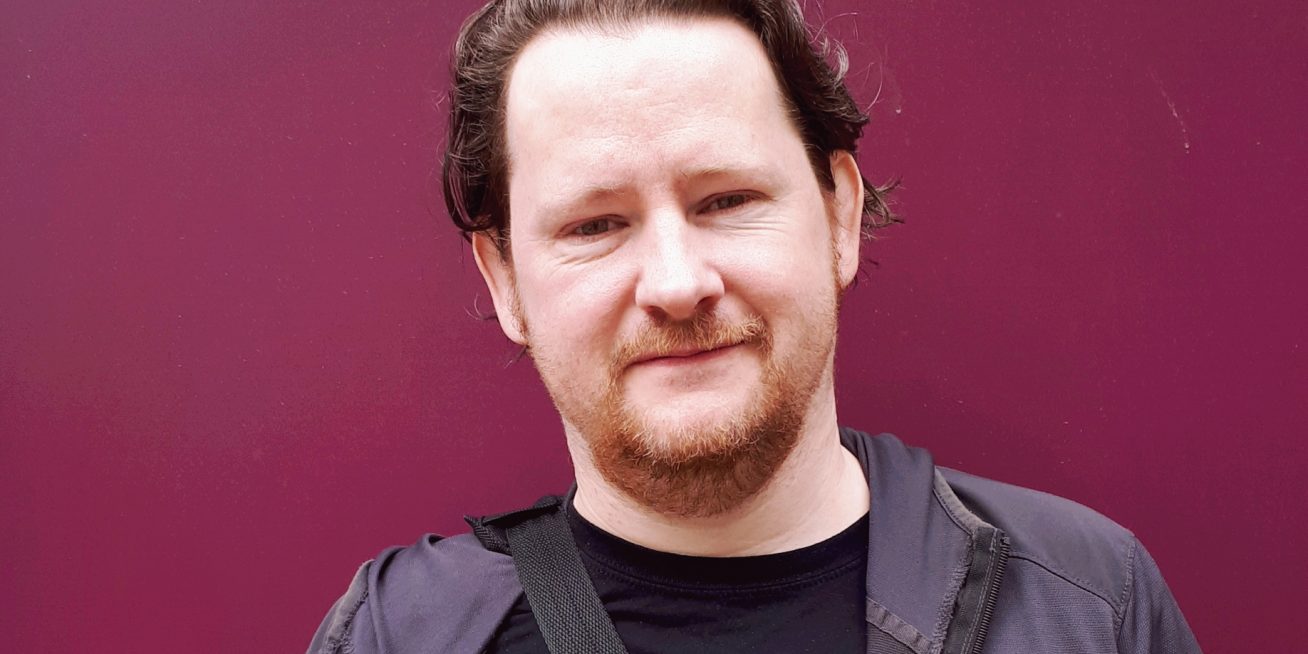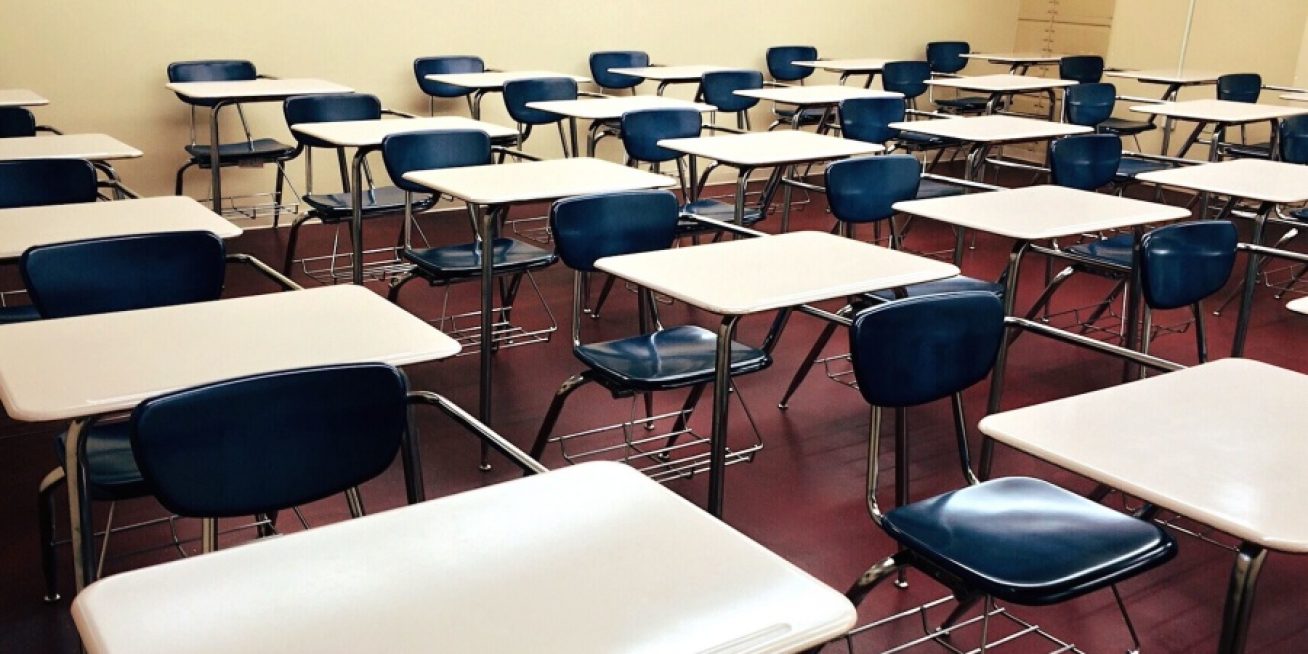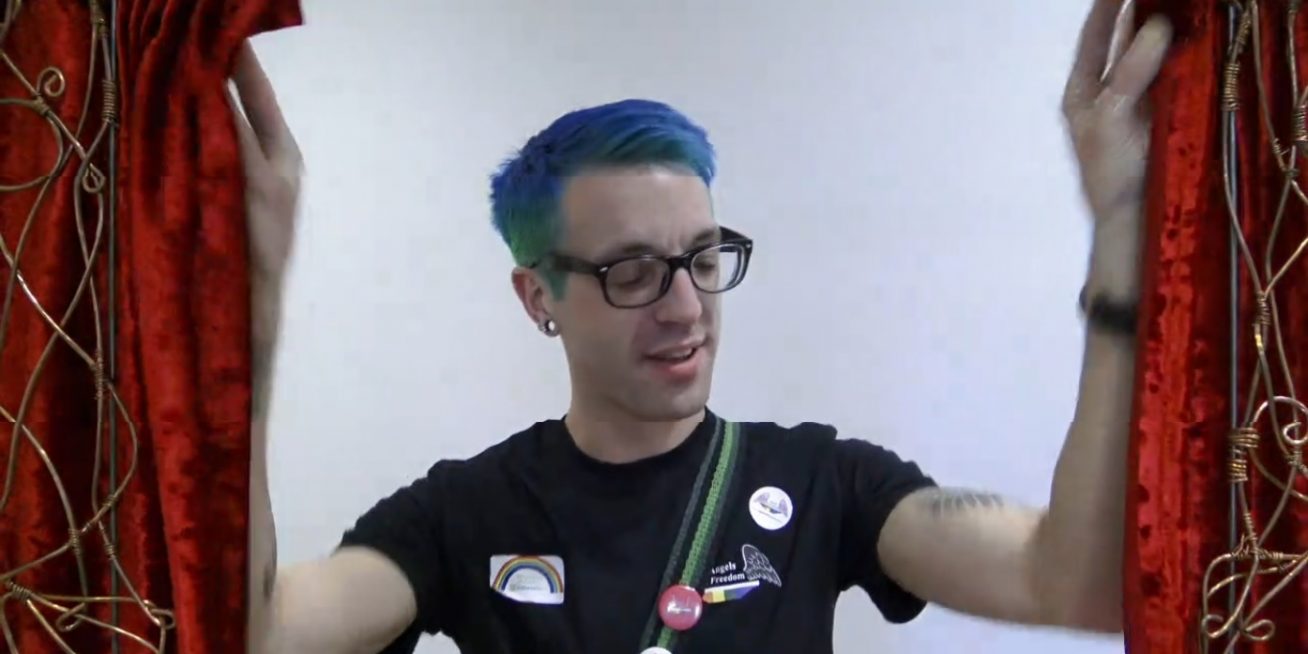'My understanding of being gay was very negative'
Ali explains how his sexuality clashed with his cultural and religious identity, causing him to suppress being gay for many years.
Interview recorded by Ray Larman on 3.4.2019
Duration 04:42
TRANSCRIPT
I realised when I was very young, so around five or six, is when I first realised I was gay. I was more into pink coloured things and Barbies and wearing dresses and getting make-up done on my face. So that was when I was around five and six, and my family kind of realised that, y’know, he shouldn’t be doing stuff like this, but they never had an open problem with it, so it was never something that was really established in the household. It’s only when I hit around 10 or 11, when I transitioned into secondary school, that I realised that I can’t get away with liking pink or acting a bit feminine, especially going to a school in a heavily dominated South Asian community, a South Asian school, it was gonna be really, really difficult to be as, if you like, gay as I was. When I grew up being called ‘the gay boy’ at home, but it was, I just took it as a light joke.And I think towards, I’d say mid-secondary school, my understanding of being gay was very negative. I think my friends around me, again, being really traditional South Asian men – boys at the time, and being strong Muslims, I kind of I swayed towards what they believed was right and wrong, and homosexuality for them was just at no way possible. I think towards Year 11 I became quite homophobic, quite homophobic and I didn’t like – at the time I didn’t approve of gay people. Any gay students that we had in our year would get bullied and I’d contribute towards that bullying. So, it’d be name-calling, hitting them, teasing them, just general bullying, but I think that was a coping mechanism for me, cos I was suppressing my sexuality and I took it out on those that were able to identify as being gay.
And I’d see it as a punishment from God – at the time I was quite a strict Muslim, so I saw it as a punishment, my sexuality, and I thought it was something that I need to hold back and not speak about or even consider being what I am. So, it was from literally, I’d say Year 9 to first year of college, it was – so we’re talking about four, five years – it was constant crying myself to sleep every night, and turning to praying and reading the Qur’an as an escape to my sexuality. I’d – I hate to say it now – I saw anything that wasn’t straight as disgusting, even though I was gay, and I couldn’t admit to myself that I was gay, at all, I just shut it out, I thought it’s perverted; I saw it as disgusting, unnatural, not acceptable, and I thought God would never ever make someone this way if it wasn’t meant to be [unclear].
And then I met my partner, in third year of uni, and it was funny because our discussions were, like for example, gay marriage, and he was openly gay, and when he asked for my opinion on it, my opinion was ‘urgh no, marriage is for man and woman’ – and this is only a couple of years ago – so it was, ‘a man and a woman should be married, not a man and a man, and marriage isn’t for a woman and a woman’. So my – I’d say my cultural identity and my religious identity conflicted with my sexual orientation so much so that I was forcing myself to believe that non-heteronormative sexualities or anything else that weren’t conforming to heteronormativity was out of the question.






